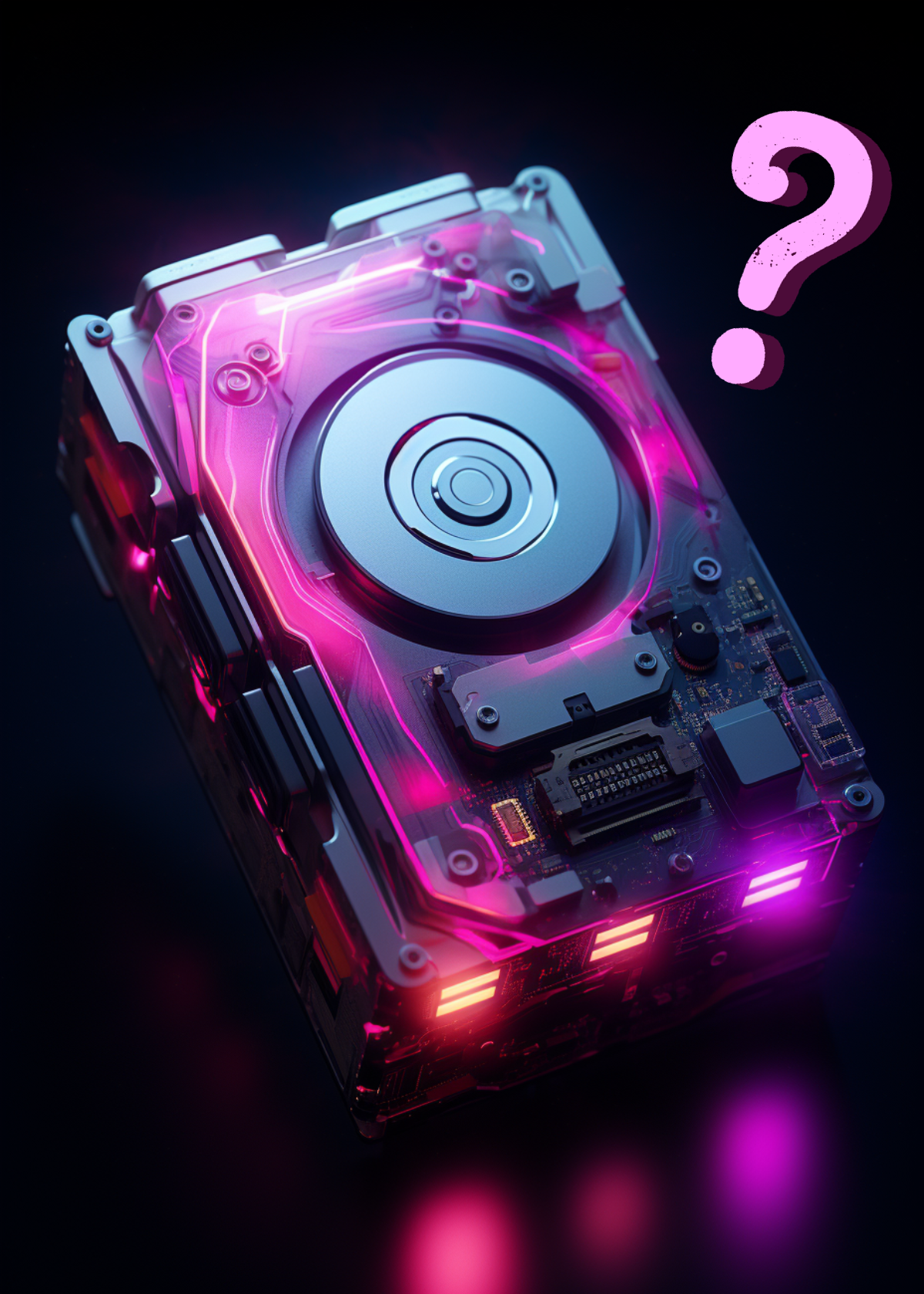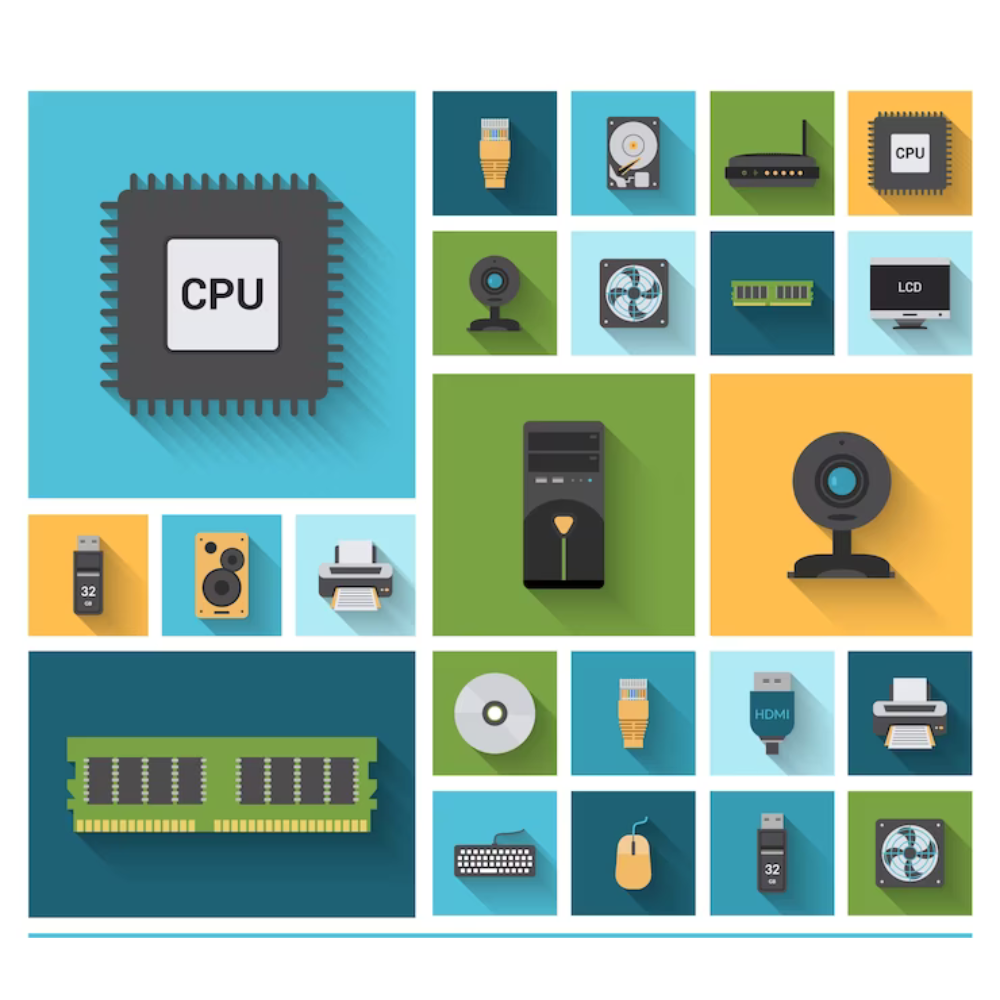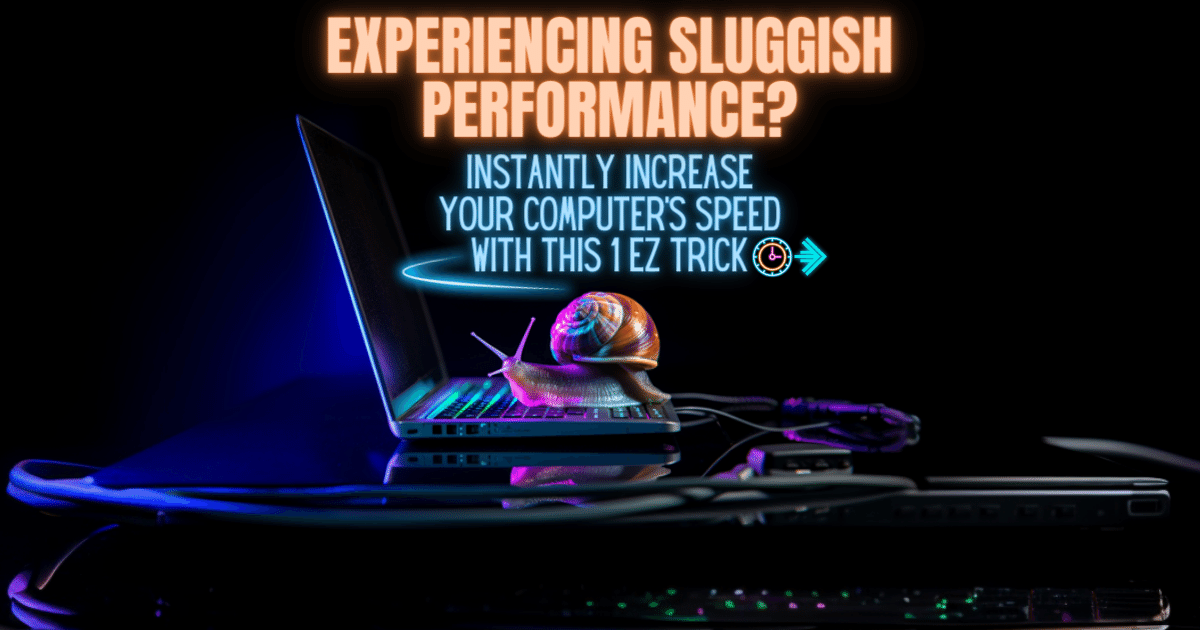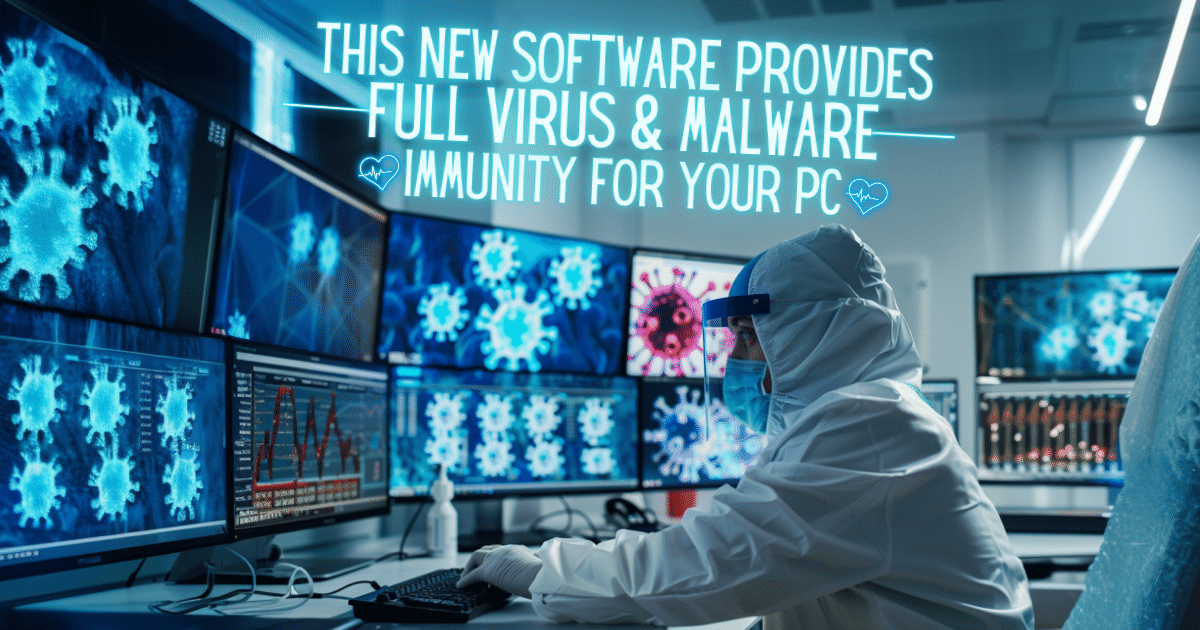You Must Know How Much Memory Do You Need for Gaming With Games Always Demanding More! 🧠

In the world of gaming, where immersive experiences and smooth gameplay are paramount, having the right amount of memory is crucial. Memory plays a vital role in determining the performance and overall experience of gaming systems. From loading times to frame rates, the memory capacity and speed directly impact how games run on a computer or console.
In this article, we will provide a comprehensive understanding of the memory requirements for gaming. We will delve into the different types of memory relevant to gaming, such as RAM, VRAM, and storage memory, and explore their significance in optimizing gaming performance. By the end of this article, you will have a clear understanding of how much memory you will need for gaming and how to make informed decisions when upgrading your gaming systems. So, let's dive in and explore the world of gaming memory requirements.
➮ How Important is Memory in Gaming?
In the context of gaming, memory refers to the storage and retrieval of data necessary for running games on a computer or console. It encompasses various types of memory that work together to ensure smooth gameplay and optimal performance.
➺ Types of Memory Relevant to Gaming
➥ Random Access Memory (RAM)
RAM is a type of volatile memory that temporarily stores data that the CPU (Central Processing Unit) needs to access quickly.
In gaming, RAM plays a crucial role in loading game assets, textures, and other data required for smooth gameplay.
- Insufficient RAM can lead to lag, stuttering, and longer loading times.
Click ↪HERE↩ To Learn More About Hard Drives VS SSDs!
➥ Video Memory (VRAM)
VRAM, also known as Graphics Memory, is a dedicated memory used by the graphics card to store and process graphical data.
It holds textures, shaders, and other visual elements required for rendering images on the screen.
VRAM directly impacts the visual quality and performance of games, especially at higher resolutions and graphics settings.
➥ Storage Memory (Hard Drive/SSD)
Storage memory refers to the long-term storage of game files, including the game itself, updates, and saved data.
It can be in the form of a traditional Hard Disk Drive (HDD) or a Solid State Drive (SSD).
While storage memory doesn't directly affect in-game performance, it influences loading times and the overall responsiveness of the system.
Understanding the different types of memory relevant to gaming is essential for determining the optimal memory requirements for a gaming system. In the following sections, we will explore the specific requirements and considerations for each type of memory to ensure an immersive and lag-free gaming experience.
Click ↪HERE↩ To Go Deeper & Learn Even More Type's Of Computer Memory
⒈ RAM Requirements for Gaming

RAM plays a crucial role in gaming performance by providing fast and temporary storage for data that the CPU needs to access quickly. It allows for smooth loading of game assets, textures, and other data, reducing lag and improving the overall gameplay experience. Insufficient RAM can lead to frequent stutters, longer loading times, and even game crashes.
➲ What are the Minimum RAM Requirements for Modern Games?
The minimum RAM requirements for modern games vary depending on the specific game and its system requirements.
However, as games become more demanding, the general minimum RAM requirement has increased.
- Currently, most modern games recommend a minimum of 8GB of RAM.
This allows for the game to run smoothly on lower settings and with minimal background processes.
➲ What is the Recommended RAM for the Optimal Gaming Experience?
While 8GB of RAM may be sufficient for many games, it is recommended to have at least 16GB of RAM for an optimal gaming experience.
This additional memory allows for smoother multitasking, such as running background applications, streaming, or recording gameplay.
It also provides headroom for future game releases that may have higher memory requirements.
Click ↪HERE↩ To Learn If It's Time To Upgrade Your Computer's Ram!
➲ Impact of Multitasking on RAM Needs
Multitasking while gaming, such as running a web browser, voice chat software, or streaming applications, can significantly impact RAM needs.
Each additional application consumes memory, reducing the available resources for the game.
To ensure smooth multitasking without compromising gaming performance, it is advisable to have 16GB or more RAM.
⒉ VRAM Requirements for Gaming
VRAM, or Video Memory, is a dedicated memory on the graphics card that stores and processes graphical data for rendering images on the screen. It plays a crucial role in determining the visual quality and performance of games. VRAM is responsible for storing textures, shaders, and other visual elements, allowing for smooth and realistic graphics.
➲ What are the Minimum VRAM Requirements for Different Game Resolutions?
The minimum VRAM requirements for games vary depending on the resolution at which the game is played.
For lower resolutions, such as 1080p (Full HD), a graphics card with 2GB or 4GB of VRAM is generally sufficient.
However, for higher resolutions like 1440p (2K) or 4K, a graphics card with 6GB or more VRAM is recommended to handle the increased graphical demands.
➲ What is Recommended VRAM for Smooth Gameplay?
To ensure a smooth gameplay experience with high-quality visuals, it is recommended to have a graphics card with at least 4GB to 6GB of VRAM for 1080p gaming.
For 1440p gaming, 6GB to 8GB of VRAM is recommended, while for 4K gaming, 8GB or more of VRAM is preferable.
Having more VRAM allows for better texture quality, higher anti-aliasing settings, and improved overall visual fidelity.
➲ Impact of Graphics Settings on VRAM Usage
The graphics settings in games, such as texture quality, anti-aliasing, and shadow resolution, directly impact VRAM usage.
Higher graphics settings require more VRAM to store and process the additional graphical data.
It is important to consider the VRAM requirements of the specific game and adjust the graphics settings accordingly to ensure smooth gameplay without exceeding the available VRAM capacity.
⒊ Storage Memory Considerations
Storage memory, whether in the form of a Hard Disk Drive (HDD) or a Solid State Drive (SSD), plays a crucial role in gaming. It is responsible for storing game files, including the game itself, updates, patches, and saved data. The speed and capacity of the storage memory can impact loading times, installation speed, and overall responsiveness of the gaming system.
➲ Hard Drive vs. Solid State Drive (SSD) for Gaming
When it comes to gaming, SSDs offer significant advantages over traditional HDDs.
SSDs provide faster read and write speeds, resulting in shorter loading times and faster installation of games.
- They also offer improved overall system responsiveness.
- While HDDs are more affordable and offer larger storage capacities, SSDs are highly recommended for gamers who prioritize speed and performance.
Click ↪HERE↩ To Learn More About Hard Drives VS SSDs For Gaming!
➲ What is Recommended Storage Capacity for Gaming?
The recommended storage capacity for gaming depends on individual preferences and gaming habits.
However, it is generally recommended to have a minimum of 500GB to 1TB of storage for gaming.
- This allows for the installation of multiple games, updates, and additional software without running out of space.
Gamers with larger budgets or extensive game libraries may opt for higher-capacity drives.
➲ Impact of Game File Sizes on Storage Needs
Game file sizes have been increasing over the years, with some modern games exceeding 100GB in size.
- This trend means that gamers need to consider the impact of game file sizes on their storage needs.
- Larger game files require more storage space, and gamers with limited storage may need to manage their game library more carefully or consider upgrading to higher-capacity drives.
➮ Factors Influencing Memory Requirements
Different game genres and levels of complexity have varying memory requirements. For example, open-world games with vast environments and detailed textures may require more memory to load and render the game world smoothly. Similarly, games with complex AI systems or physics simulations may benefit from additional memory to handle the computational demands.
➲ Display Resolution and Refresh Rate 🌟
Higher display resolutions, such as 1440p or 4K, and higher refresh rates, such as 144Hz or 240Hz, require more memory to process and render the increased number of pixels and frames per second.
- Gamers aiming for higher resolutions and refresh rates should consider upgrading their memory to ensure smooth and responsive gameplay.
Here Are Some Articles to Help Get You Started on Finding The Right Monitor for Yourself:
Click ↪HERE↩ To Get Started On Finding The Right Type For You!
Click ↪HERE↩ To Learn Why You Need a High Refresh Rate Monitor!
Click ↪HERE↩ To Find Out if 4K Monitors Are Even Worth It!
➲ Graphics Settings and Visual Fidelity
The graphics settings and visual fidelity chosen in games directly impact memory requirements.
Higher graphics settings, such as ultra textures, advanced lighting effects, and anti-aliasing, require more memory to store and process the additional graphical data.
Gamers who prioritize visual quality should consider upgrading their memory to accommodate higher graphics settings.
➲ Multiplayer and Online Gaming Considerations
Multiplayer and online gaming often involve additional memory requirements.
In multiplayer games, more memory may be needed to handle the increased number of players, their actions, and network communication.
Additionally, online games with frequent updates and patches may require additional storage memory to accommodate the continuous downloading and installation of new content.
➮3 Steps For Balancing Budget and Performance
⇨ 1. Determine Personal Gaming Needs
It is important to assess personal gaming needs and preferences when considering memory upgrades.
Factors such as the types of games played, desired visual quality, and multitasking requirements should be taken into account.
This assessment will help determine the necessary memory upgrades to achieve the desired gaming experience.
⇨ 2. Understand Upgrade Costs
Memory upgrades can vary in cost, and it is essential to prioritize based on budget constraints.
Assessing the most significant memory bottlenecks, such as low RAM or insufficient VRAM, can help prioritize upgrades that will have the most noticeable impact on gaming performance within the available budget.
⇨ 3. Future Proofing
When upgrading memory, it is worth considering future-proofing to some extent.
Anticipating the increasing memory requirements of upcoming games and technologies can help make more informed decisions.
- Investing in slightly higher memory capacities or faster memory speeds can help ensure that the gaming system remains capable of handling future gaming demands.
By considering the various factors that influence memory requirements in gaming and balancing budget and performance, gamers can make informed decisions when upgrading their memory. This will help optimize their gaming experience and ensure smooth gameplay.
Conclusion - Think It's Time For An Upgrade?
When it comes to memory requirements for gaming, it is essential to assess individual needs, taking into account factors like game genre, display resolution, and graphics settings. Upgrading to recommended memory capacities and speeds can significantly enhance gaming performance. Additionally, considering future-proofing can help ensure that the gaming system remains capable of handling upcoming games and technologies.
Memory plays a vital role in gaming performance, and understanding the specific memory requirements for different aspects of gaming is crucial. By considering and meeting these requirements, gamers can optimize their gaming experience and immerse themselves in the captivating worlds of their favorite games.
More Computer Guides For You ⬇💻⬇









